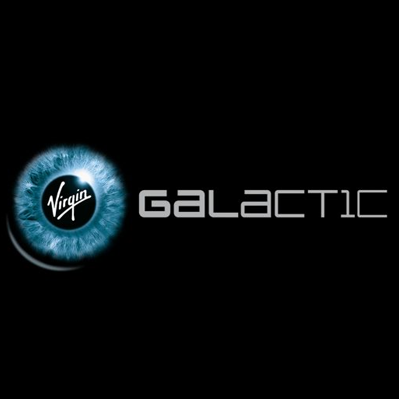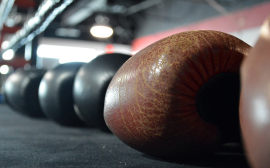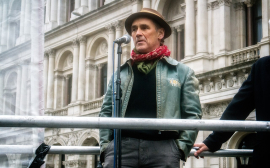Description
Virgin Galactic is an American spaceflight company founded by Richard Branson and his British Virgin Group retains an 18% stake through Virgin Investments Limited. It is headquartered in California, USA, and operates from New Mexico. The company is developing commercial spacecraft and aims to provide suborbital spaceflights to space tourists. Virgin Galactic's suborbital spacecraft are air launched from beneath a carrier airplane known as White Knight Two. Virgin Galactic‘s maiden spaceflight occurred in 2018 with its VSS Unity spaceship. Branson had originally hoped to see a maiden spaceflight by 2010, but the date was delayed for several years, primarily due to the October 2014 crash of VSS Enterprise.
The company did the early work on the satellite launch development of LauncherOne before this was hived off to a separate company, Virgin Orbit, in 2017. The company also has aspirations for suborbital transport and in 2017, Branson has said that Virgin Galactic was "in the best position in the world" to provide rocket-powered, point-to-point 3,000 mph (4,800 km/h) air travel.
On 13 December 2018, VSS Unity achieved the project's first suborbital space flight, VSS Unity VP-03, with two pilots, reaching an altitude of 82.7 kilometres (51.4 mi), and officially entering outer space by U.S. standards. In February 2019, the project carried three people, including a passenger, on VSS Unity VF-01, with a member of the team floating within the cabin during a spaceflight that reached 89.9 kilometres (55.9 mi).
On 11 July 2021 company founder Richard Branson and three other employees rode on a flight as passengers, marking the first time a spaceflight company founder has travelled on his own ship into outer space (according to the NASA definition of outer space beginning at 50 miles above the Earth).
Regular paid passenger service flights are scheduled to begin in 2022 after two more test flights have been completed.






















